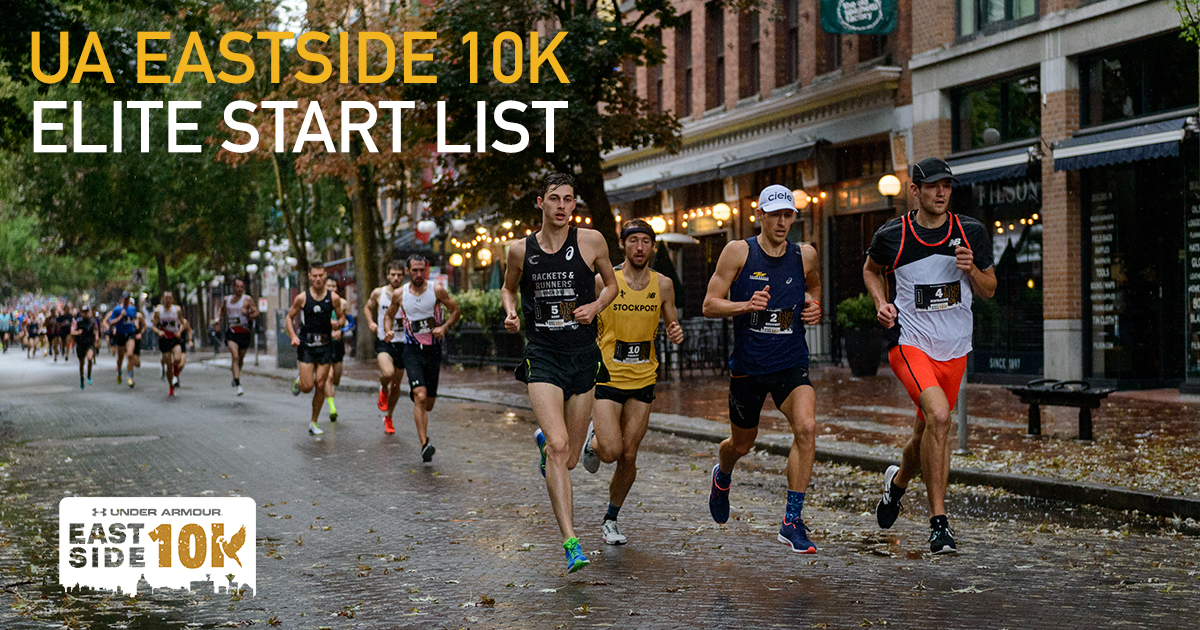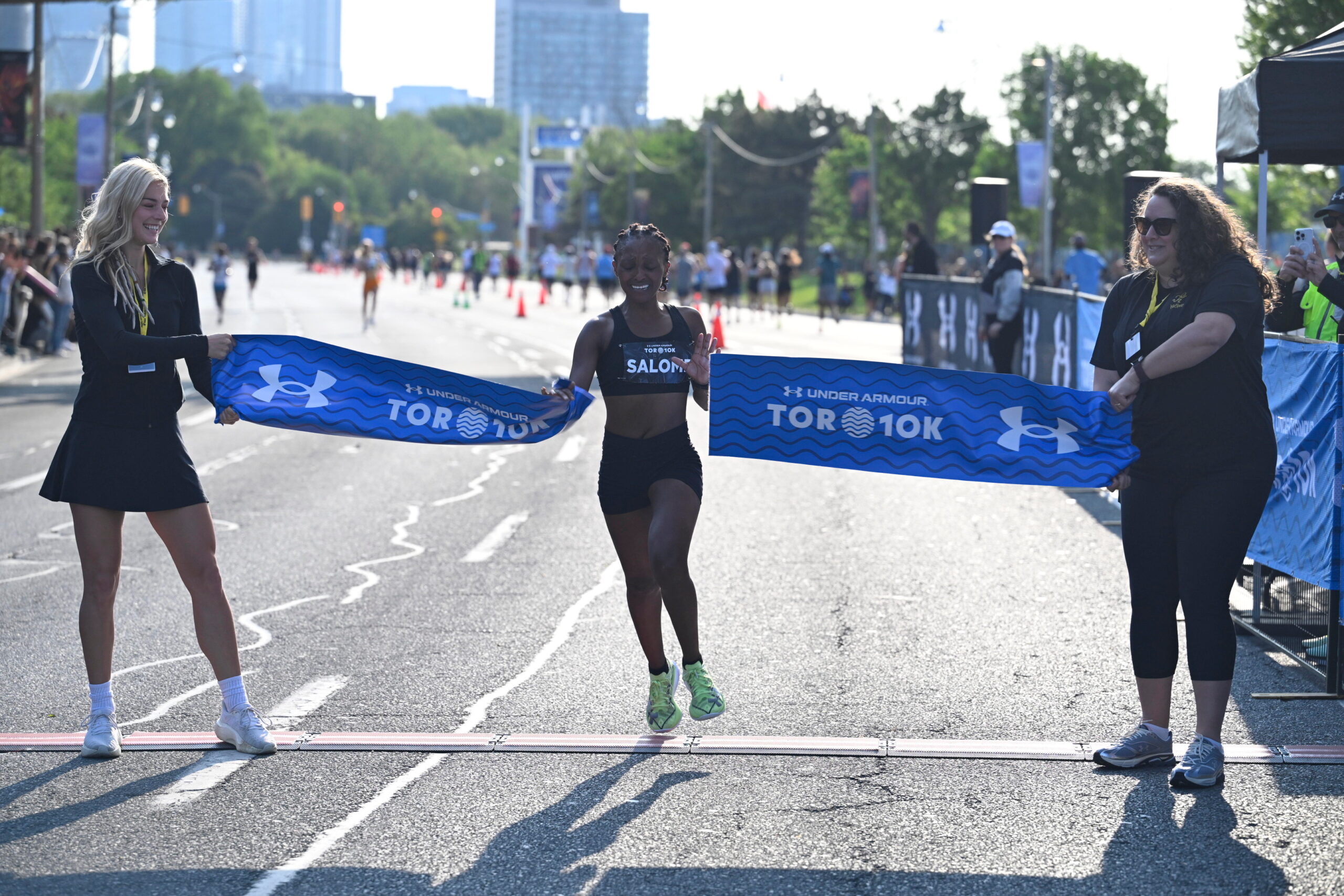TORONTO August 31st 2015. This is the second in a series of four special blog features by Robert MacDonald, a 28-year-old Canadian who went from an ICU hospital bed, with a 5% chance of ever walking again, to training to run the Scotiabank Toronto Waterfront Half-Marathon in October 2015. Follow Robert’s journey via Instagram and Twitter.
I Will: The journey from a 5% chance of ever being able to walk again to running STWM. By Robert MacDonald.
The date is Thursday January 13th, 2013 and I am carefully steering my wheelchair towards the in-ground scale at the Lyndhurst Spinal Cord Rehabilitation Centre. As I roll onto the scale and read the weight I feel astonished and defeated: I’ve lost 35 pounds in one month.
You have to understand, I was fairly fit before my accident; I was active and lean. This 35-pounds wasn’t extra weight; it was lost muscle mass. As I wheeled onward to my morning physio appointment, I felt devastated and deeply frustrated at the state of wreckage my body was in.
A few days later my older sister Becky came to visit me at Lyndhurst. She offered to take me to the local grocery store for some snack food noticing that the hospital cafeteria wasn’t serving meals at the time.
Looking back, I’m sure she suggested it because I looked like I’d spent the last month on a hunger strike. Either way, I was excited about my first car ride out of the hospital in my wheel chair. I knew it would help take my mind off the crushing realization, earlier in the week, of how my body had atrophied.
Little did I know that there were two things that would make that Sunday trip to the grocery store unforgettable for the rest of my life…
Becky pulled up in front of the hospital and pushed my wheelchair close to the open passenger door where I transferred somewhat clumsily from the wheelchair into the car. She folded up the wheelchair and put it in her trunk. My mood quickly turned from excited and happy to sad. I thought to myself, “This is absolute hell; I can’t believe so many people go through this routine every day.” How shallow it seemed now, that I once considered grocery shopping a burden.
On a side note, I spent slightly over two months in a wheelchair. Though this seemed like forever at the time, I can only imagine the strength and determination of those who do it for their entire life.
After repeating the transferring process at the grocery store parking lot I was operating a wheelchair in public for the first time.
My sister, noticing I was low on strength and energy, started pushing me down each aisle of the grocery store. I repeatedly had to ask her to go slower because I couldn’t register everything as quickly as before from my newly seated vantage-point. I had to ask her to stop when I saw something I liked. I had to ask her for help every time I’d try to reach for an item that was now out of my reach.
I thought my weigh-in a couple days earlier would be the low point in morale; I didn’t think I could sink any lower. But in that grocery store, unable to do the simplest tasks without my sister’s help, realization hit me like a ton of bricks: this is what my daily routine would be like if I were in a wheelchair for the rest of my life.
But the world is such a strange, confusing, amazing place, and sometimes it is at these moments of dismay that the world decides to throw you a little bit of light.
This trip wasn’t just memorable for what happened at the store, but for what happened when we arrived back at the front doors of the hospital. Becky got my wheelchair out of the trunk and to my side of the car but had circled back to close her driver’s side door.
Rather than wait, for some reason I decided I should transfer myself right away. I guess it was instinct or maybe I just wasn’t thinking clearly, but as I attempted the transfer I tried to put my limp legs down to help out. As I did, I yelped in excitement.
My sister, frantic and thinking I was in serious trouble, ran back around just at the moment my legs gave way and I toppled back into my wheelchair. I wasn’t in trouble; I had stood on my own, for the first time since my accident! Becky gazed at me and saw the tears in my eyes as she raced toward me unaware of what had happened. I was so happy my crying turned to laughter and I explained to her that for one single second I felt what it was like to stand again.
That single second was what I latched on to, and what carried me through so many of the challenges I would face mentally and physically in the upcoming weeks.
You and I will face many challenges mentally and physically in our marathon training and in life, but if there’s one thing I’ve learned it’s this: make sure you celebrate the victories, big and small, and use them as motivation to battle through adversity.
In  my training, I’ve found running is a lot like climbing a mountain, which I did this summer in Gros Morne National Park. Even if you run or climb the same route every day, each run or climb will never be the same. You will always face different challenges and you will always have a different feeling when you reach the peak or cross the finish line. Take it from me, experiencing victory never feels as good when you don’t have to fight and battle your way through adversity to get there.
my training, I’ve found running is a lot like climbing a mountain, which I did this summer in Gros Morne National Park. Even if you run or climb the same route every day, each run or climb will never be the same. You will always face different challenges and you will always have a different feeling when you reach the peak or cross the finish line. Take it from me, experiencing victory never feels as good when you don’t have to fight and battle your way through adversity to get there.
Here are four of my personal, “Victories” over the last year. I hope you and I can add our 5th victory together when we cross the finish line at the Scotiabank Toronto Waterfront Half-Marathon this October.
 1. Climbing the Maderas Volcano in Ometepe, Nicaragua (1,394 metres) in December 2014.
1. Climbing the Maderas Volcano in Ometepe, Nicaragua (1,394 metres) in December 2014.
2. Completing a 10Km run with my father, sister, and best friends in April 2015 (photo at right.)
3. Climbing the challenging volcanic rock debris field of the summit of Gros Morne in Newfoundland’s Gros Morne National Park in July 2015.
4. Cycling 75km for the Ride for Heart (in some rough weather) in support of my grandmother, a good friend’s father, and a business mentor who all have been affected by stroke’s in their lives.
Your Training buddy,
-Robert MacDonald
To read part 1 of Robert MacDonald’s blog series click here.








